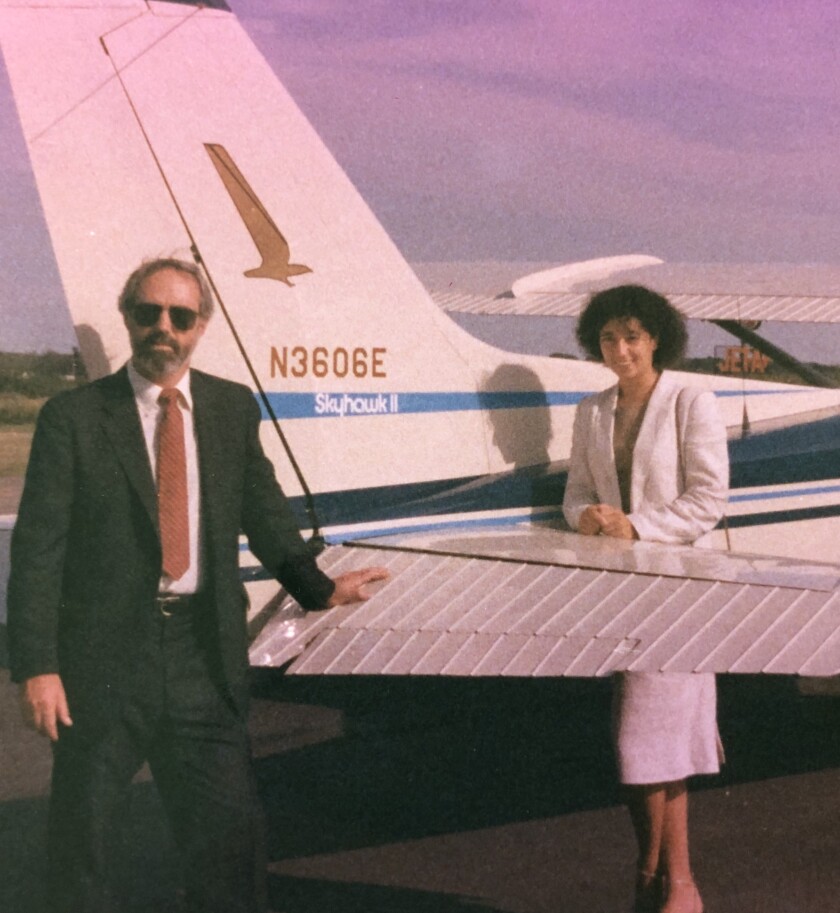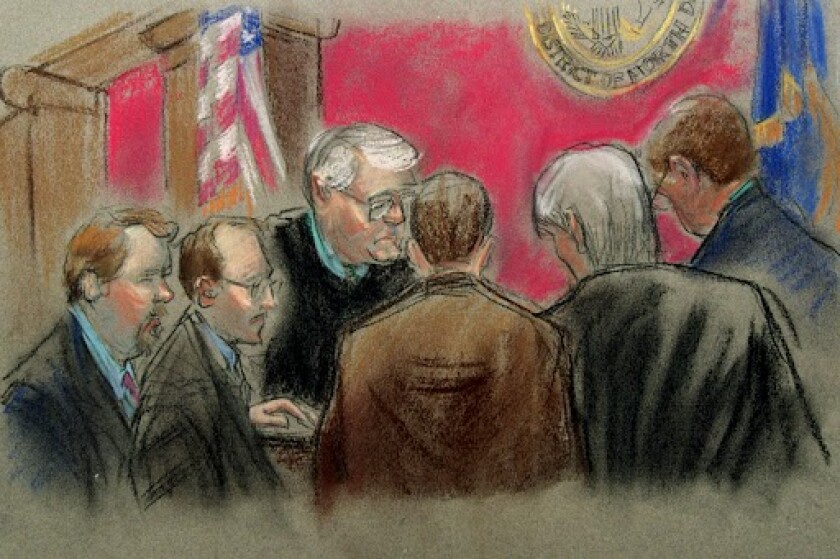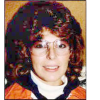ST. PAUL — On Feb. 23, 2001, Zacarias Moussaoui stepped off an airplane that flew him from the United Kingdom, where he was living, into Chicago.
His entrance to America was legal: As a French citizen, he was permitted to stay in the U.S. for up to 90 days without obtaining a visa. He could legally stay until May 22, 2001.
ADVERTISEMENT
But he would overstay that period and, over the course of six months, take flying lessons throughout the country as a member of al-Qaida’s network, which plotted and carried out the Sept. 11, 2001, terror attacks.
It was a flight instructor in Minnesota, suspicious of Moussaoui’s motives, who would into investigating the then-33-year-old. Ultimately, Moussaoui would end up being the only man convicted in U.S. court for the plotting of 9/11.
Moussaoui begins flight training
once Moussaoui entered the United States, he enrolled in the Airman Flight �������� in Norman, Oklahoma, in February 2001. He didn’t earn his pilot's license, instead dropping out in May 2001, right around the time his legal stay in the country was coming to an end.
On Aug. 9, 2001, Moussaoui enrolled in Pan American International Flight Academy’s commercial flight simulator training program in Eagan, Minnesota, near Minneapolis. He completed two days of training and a flight simulation.
He also raised the suspicions of Pan Am’s instructors: Moussaoui, who had no pilot's license or previous aviation experience, paid thousands in cash for his courses at Pan Am. He also reportedly told Pan Am instructors that he only needed to learn how to take off and land a plane, and that he had no intentions of getting his pilot’s license, instead only wanting to take a "joy ride."
Six days later, on Aug. 15, 2001, Pan Am’s manager made the call to the FBI Minneapolis Field Office.
Authorities arrest Moussaoui on immigration charges
Within a half-hour of receiving Pan Am’s call, the Minneapolis field office opened a full investigation into Moussaoui. The fact that he had overstayed his legal time in the U.S. gave authorities an in to arrest him.
ADVERTISEMENT
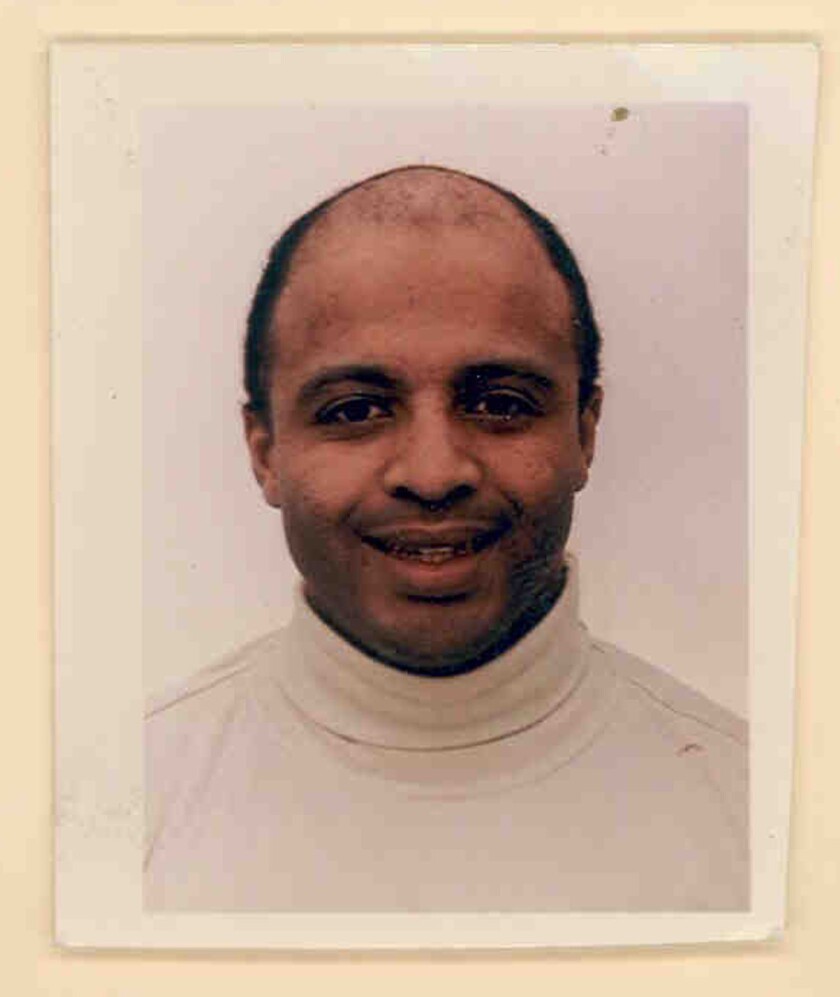
An FBI investigator, referred to under the pseudonym “Henry,” said he had reason to believe Moussaoui’s intentions were “sinister,” and he needed to be arrested before he received any more flight training. If they were too late, Moussaoui could be arrested and deported on immigration charges, and use the flight knowledge at a later point.
On the evening of Aug. 16, one day after Pan Am made the call to the FBI field office, agents from the FBI and immigration services (then called Immigration and Naturalization Service, or INS), went to Moussaoui’s hotel to arrest him. He was taken into custody, but Moussaoui refused to give investigators permission to search his belongings. They’d need a warrant.
At the hotel, investigators questioned a friend of Moussaoui’s, 21-year-old Ali Hassan Al-Attas, who said Moussaoui asked him to go on jihad, or “holy war,” and attested to Moussaoui’s extremist views. Al-Attas would eventually be arrested in connection with Moussaoui.
Following the interview with Al-Attas, Henry said he was “convinced ... a hundred percent that Moussaoui was a bad actor, was probably a professional Mujahedin [jihadist] and this wasn’t a joyride, that he was completely bent on use of this aircraft for destructive purposes,” according to the FBI.
The investigation of Moussaoui
In the weeks leading up to Sept. 11, the FBI’s investigation of Moussaoui became a bungled “clash of personalities” between agents and a bureaucratic battle between the field office and Washington, D.C., over whether agents had just cause to search Moussaoui’s belongings.
Henry and other agents interviewed Moussaoui twice, on Aug. 16 and 17. Henry described Moussaoui’s behavior as “combative” and “deceptive” as he failed to explain the source of his income, including a $32,000 deposit he made upon arriving in the U.S. He also failed to explain his reasoning for being in America other than to “follow his dream” of flying a “big airplane,” despite not working to obtain a pilot's license, according to the FBI report.
Investigators on Aug. 17 told Moussaoui that they believed him to be an Islamic extremist “intent on using his past and future aviation training in furtherance of a terrorist goal.” When they asked him to provide the name of the extremist group to which he was loyal, Moussaoui was reportedly “visibly surprised.”
ADVERTISEMENT
Henry kicked into high gear. INS had already begun pursuing Moussaoui’s expedited deportation, and FBI investigators only had a short window of time before Moussaoui would be out of the country.
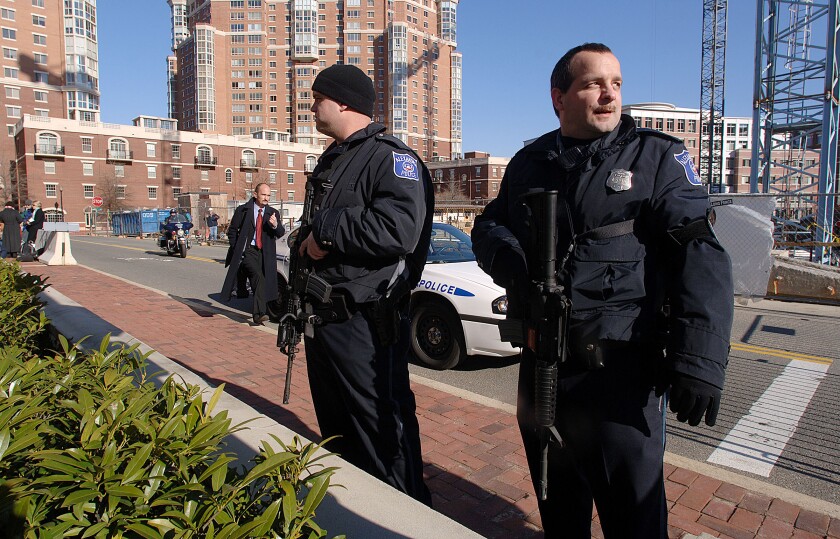
At the FBI’s headquarters, the case bounced around between departments before ultimately being assigned to the Radical Fundamentalist Unit, or RFU. According to the FBI’s report, RFU had a history with the Minneapolis field office, which “resulted in disputes and significant friction between the two offices.” Ultimately, the FBI says that history of “personality conflicts” between RFU and Minneapolis agents “affected how the two offices interacted on the Moussaoui case.”
What resulted was a back-and-forth dispute between agents, wherein the Minneapolis field office was all but pleading with their higher-ups to grant them a search warrant to search Moussaoui’s belongings, which were being stored at the INS facility. The RFU retorted that Minneapolis didn’t have sufficient evidence to link Moussaoui to any terrorist groups or plots. One RFU agent said the Minneapolis agents treated every request to headquarters as, “if this doesn’t happen, the world is going to end.”
By Sept. 10, 2001, RFU still hadn’t granted Minneapolis agents the search warrants necessary to search Moussaoui’s belongings. In a Sept. 10 email exchange with a D.C. employee, referred to as “Carol,” Henry described the situation and said his “big fear” was that Moussaoui would be deported to France and then released.
Carol minutes later responded, “God Help [sic] us all if the next terrorist incident involves the same type of plane.”
Agents search Moussaoui’s belongings
On the morning of Sept. 11, 2001, as agents finalized plans to deport Moussaoui, the first hijacked airplane flew into the north tower of the World Trade Center.
As one plane, and then another, and then another struck that morning, officials in Washington authorized the search warrant in Minneapolis, the FBI report shows.
ADVERTISEMENT
Agents searched Moussaoui’s belongings, which were a laptop computer and software, notebooks, clothes and a cellphone. In their search, they found a Northwest Airlines 747 cockpit operating manual, two 747 training videos, seven notebooks containing handwritten notes about aviation, a Microsoft flight simulator book and more.
They did not find plans, correspondence, names or addresses in his computer or notebooks directly linking him to the 9/11 attacks. But the FBI reports, “information was obtained in the search that, through further traces, was used by the government to indict Moussaoui for conspiring in the September 11 terrorist plot.”
Only 9/11 conspirator convicted
Moussaoui for his role in plotting the 9/11 attacks, and in April 2005 to all six charges against him.
On May 4, 2006, without parole, to "die with a whimper” for his role in the attacks. Moussaoui in response, "God save Osama bin Laden — you will never get him."
Moussaoui is serving his life sentence at the “supermax” maximum security federal prison near Florence, Colorado. , Moussaoui has since renounced terrorism and al-Qaida.
The FBI has concluded that they “did not find that any employees committed intentional misconduct, or violated established FBI policies or practices, or attempted to deliberately sabotage the Moussaoui case.”
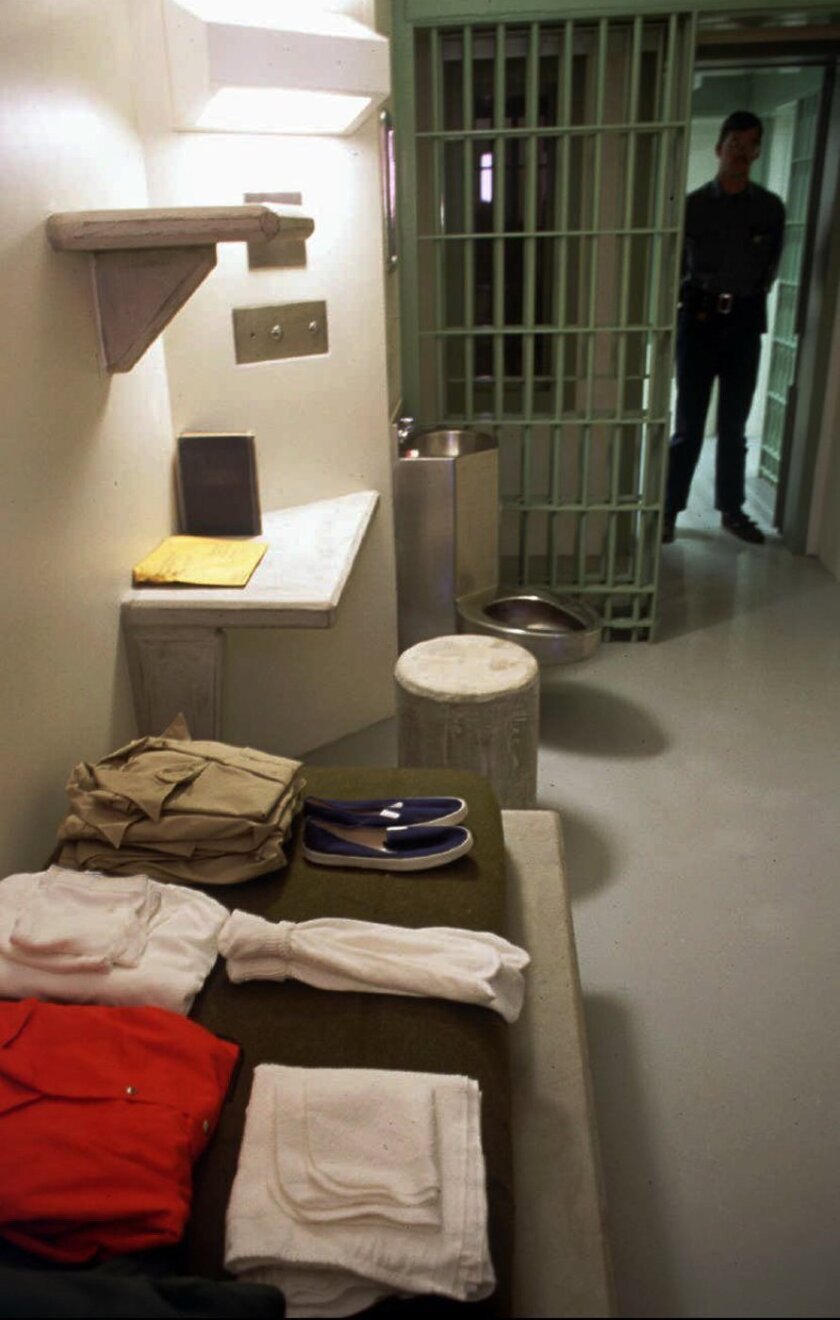
“But,” their continues, “the performance of several individuals involved with the case was lacking. The Minneapolis agents, who deserve credit for their tenacity and accurate instincts, did not receive sufficient support, either from their field office management and legal counsel or from FBI Headquarters.”
ADVERTISEMENT
Editor's note: This archival article was first published Sept. 9, 2021.


